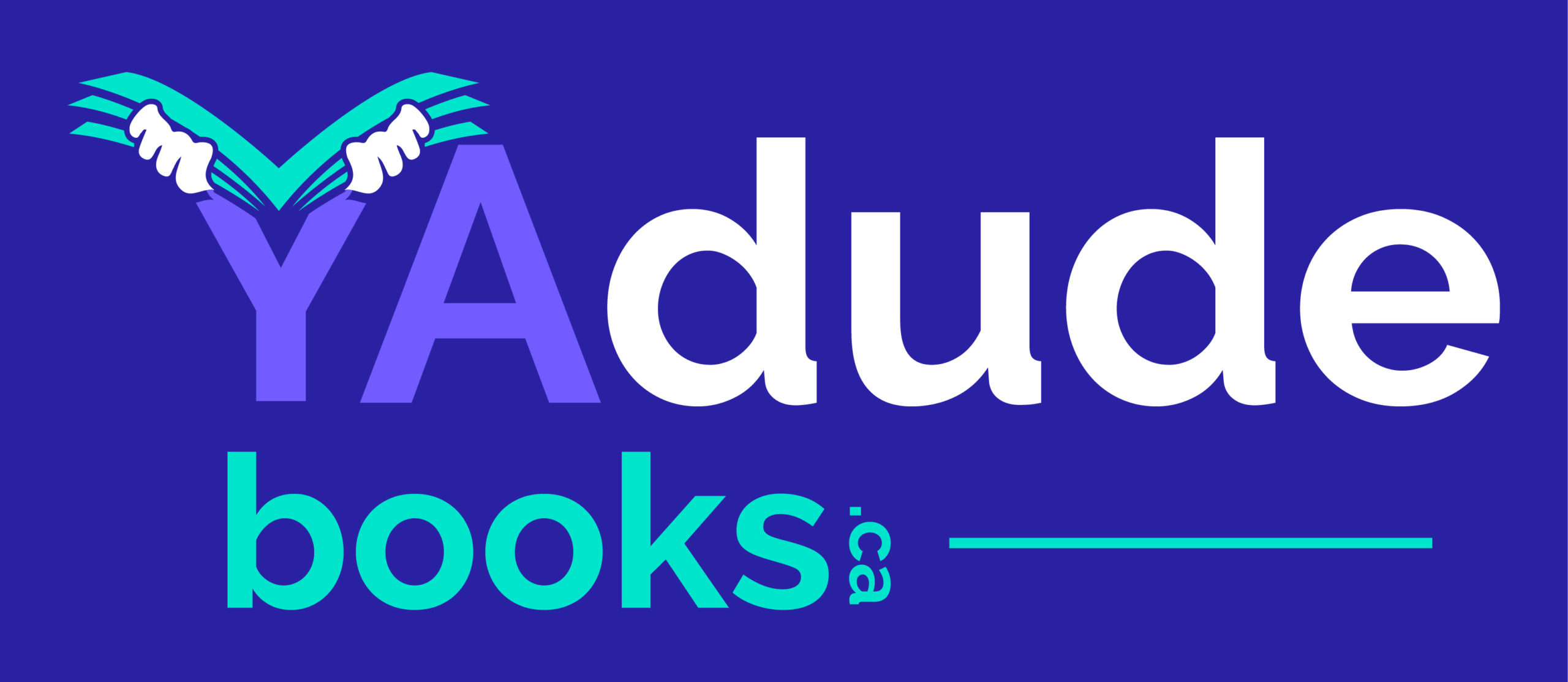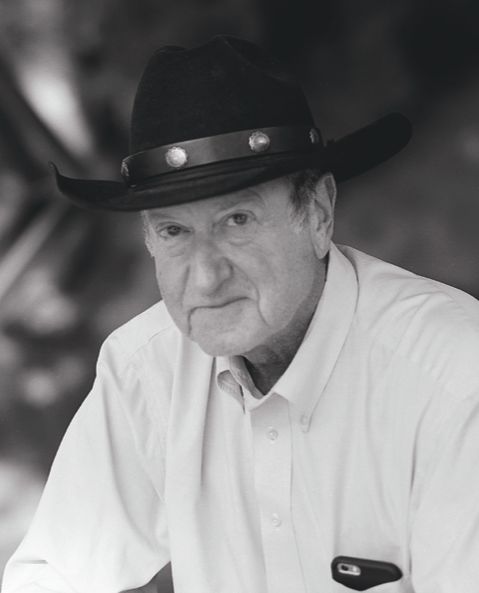Stuart H. Brody is author of the young-adult novel Humphrey and Me (Santa Monica Press 2023), “the impassioned story of a teen who has to choose between his ethics and his political hero during the tempestuous 1960s and 1970s.” It is based loosely on Stuart’s own youthful relationship with his mentor, former U.S. Vice President Hubert Humphrey, and offers an entertaining historical overview of the 1960s, an important chapter in U.S. history.
Stuart teaches ethics at the University of Arizona, and is Senior Scholar at the Institute for Ethics in Public Life at the State University of New York. He is a national speaker on issues of ethics and integrity and author of the adult nonfiction book, The Law of Small Things: Creating a Habit of Integrity in a Culture of Mistrust (Berrett-Koehler 2019). He has served prominently in law, politics and academia, appeared before the Supreme Court, written numerous articles on dispute settlement and employee relations, advised U.S. presidential candidates and served as counsel to state government on ethics.
Stuart can be found at https://www.santamonicapress.com/humphrey-and-me/ and https://www.integrityintensive.com/our-team
Q: Given that few young people these days know much about the 1960s, let alone about U.S. Sixties politicians or one who never became president, why did you choose to tell this story – and why as young adult fiction?
A: A very fine young adult writer Steve Sheinken told me to write the story that you can write. In other words, you write what you know, but it’s really more than that. You write the story in the way that you best know how to write it and perhaps, only you can write. For me, the foundation for the story was my own experience.
I knew that the depiction of Hubert Humphrey was not going to trigger the recollection of any young person, but I believed that the story itself would resonate with them. So I wrote it for them. As it’s turning out, adults are reading the novel and being moved by the complex, political and emotional relationships in the book.
Q: Intriguingly, this novel is said to be based loosely on your own life – on your own special relationship with Hubert Humphrey. That begs the question, how much of Ray is you?
Were you, like Ray, a “precocious but withdrawn” New York City Jewish boy, a less than confident teen, a soccer and string bass player, someone who became obsessed with Humphrey and had the courage to campaign for him, which led to a face-to-face meeting that kicked off a lifetime relationship? And like Ray, through your Hubert Humphrey connection did you meet such Sixties luminaries as presidential candidate Bobbie Kennedy, President Richard Nixon, presidential candidate Eugene McCarthy, President Lyndon Johnson, Chicago Mayor Richard J. Daley, Dr. Martin Luther King, U.S. Chief Justice Warren Burger, anti-war activist Tom Hayden, President Gerald Ford and more? Finally, like Ray, perhaps you had a difficult relationship with your father, lost friend(s) in the Vietnam War, became a lawyer, and dated an activist like Ruth Torricelli?
A: Yes, I did have a special relationship with Hubert Humphrey so all that background information, the demographics, if you will, are factual. However, much of the tortured interaction between the protagonist, Ray, and Hubert Humphrey is fictionalized. Still, it does reflect my own disenchantment with Humphrey as my hero.
In the 60s, and 70s, being so politically involved, I did meet many of those personalities identified in the book, like Martin Luther King, Robert Kennedy, Lyndon Johnson, Richard Daley and so forth. The account of my early career as a lawyer is, regrettably, quite accurate, including the part about my quitting in protest because of the firm’s corrupt practices.
One thing that is fictionalized is the harsh and sometimes abusive nature of Ray’s father. I think that characterization was necessary to make central points in the boy’s development: to resist the labels that people put on us and their efforts to limit us. My father was not immune to doing that, or my mother for that matter. I hasten to say that my father was an exceedingly kind and loving man, as in fact, was Ray’s father, but Ray just couldn’t see it. That of course, is a major point in the story: how to see the love of others through your own bitterness.
Often, a writer sets out to tell a story and doesn’t exactly know what the ultimate impact will be, or how the readers may see it. But I did intend to write a story that inspired young people, and to revive in them a sense of the nobility of politics, despite all present indications.
Q: How important is it for young people to get involved in party politics and why?
A: My feeling is that young people possess a reservoir of optimism that adults often fail to recognize. I see it in my classroom at the University of Arizona. I believe, as Humphrey did, that the resourcefulness and ambition of young people is as great a resource to our country as our industrial might or agricultural bounty.
Q: One reviewer (Andrea Barrett) has said that in your novel, “an idealism that can sometimes seem lost today comes alive again.” Have we indeed lost our idealism, and when all is said and done, what would you most like readers to take away from this novel?
A: I think it’s easy for young people to be discouraged in our current deflating and bewildering social and political culture. I think the antidote for that is to seek out a mentor: a religious leader, a teacher, yes, even a politician, and to reach out. And stick with it, too! People are notoriously busy these days or maybe I should say they are notoriously rude—not getting back to people—but a persistent voice, armed with the earnestness and sincerity of youth can penetrate that. So keep trying to find that figure in your life. The last line of my Authors Note, I think summarizes why we reach out to heroes and why we stay attached to them despite disappointment: to learn that human nature lies most compellingly in our capacity to understand our own failings and forgive the flaws of others.
Q: Any more YA in the pipeline, or work that involves young people in particular?
A: Writing a novel is extremely difficult and it’s much harder to find a publisher than for non-fiction, so I will return to the latter genre. Although I must say, people have asked me, what becomes of Ray when he runs for Congress as Humphrey urges him to do, and, as I actually did run in real life.
I lost, but let’s say Ray makes it. What becomes of him? Does he capitulate to the culture of Washington consumed with political survival rather than virtue or the good of the country? Would he be able to separate the two? What compromises would be permissible? And would the demands of re-election dampen his quest for virtue? I think that could be a great story, but right now I’m not thinking about that. Rather, I’m returning to my preferred form of writing, which is non-fiction, and I am working on a book of spiritual themes.
-Pam Withers

